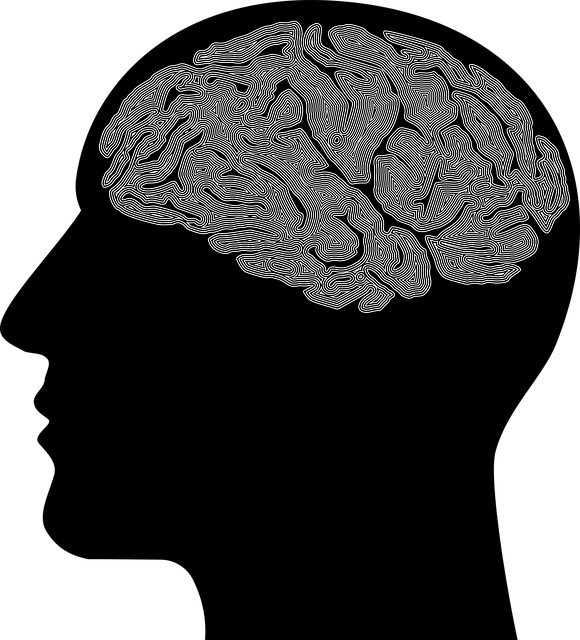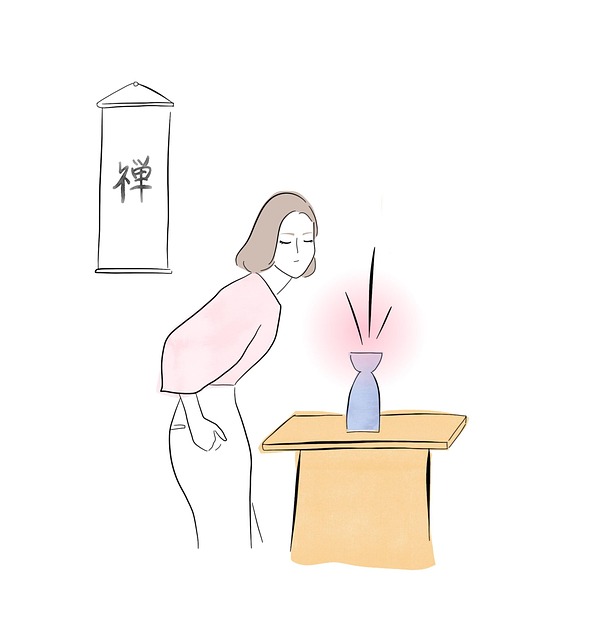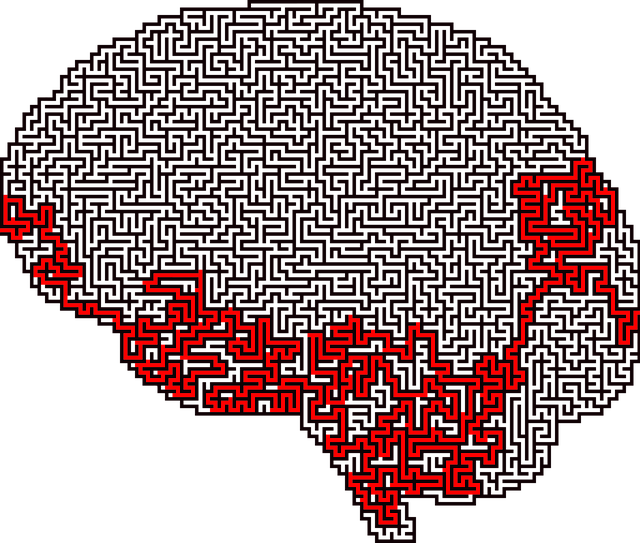Anxiety disorders can be managed through recognizing symptoms like physical and emotional signs, understanding triggers, and employing evidence-based therapies such as Littleton Acceptance and Commitment Therapy (ACT). ACT promotes mindfulness, acceptance, and commitment to valued actions, helping individuals navigate stress and anxious thoughts. Lifestyle changes, community support, and integrating ACT with training for healthcare providers enhance anxiety management, reducing symptoms and improving overall well-being.
Anxiety is a prevalent condition affecting millions, but managing it effectively need not be daunting. This comprehensive guide explores various techniques to combat anxiety, from understanding its symptoms and triggers to evidence-based therapies like Cognitive Behavioral Techniques and Littleton Acceptance and Commitment Therapy (ACT). We delve into mindfulness practices, lifestyle adjustments, and more, offering practical strategies for a healthier, less anxious life.
- Understanding Anxiety: Symptoms and Triggers
- Cognitive Behavioral Techniques for Management
- Mindfulness and Acceptance Strategies
- Lifestyle Changes to Reduce Anxiety Levels
- Littleton Acceptance and Commitment Therapy (ACT): A Comprehensive Approach
Understanding Anxiety: Symptoms and Triggers

Anxiety is a normal human response to stress or perceived threats, but when it becomes excessive and persistent, it can significantly impact daily life. Recognizing the symptoms and understanding what triggers anxiety attacks are essential steps in managing this condition effectively. Common physical symptoms include a racing heart, rapid breathing, sweating, trembling, and feeling lightheaded or dizzy. Emotional signs may manifest as constant worry, fear, restlessness, irritability, or a sense of impending doom.
Various factors can set off anxiety, and identifying these triggers is crucial for individuals seeking relief. Stressful life events, such as financial difficulties, relationship problems, or major changes at work, can contribute to heightened anxiety levels. Additionally, certain situations like public speaking, social gatherings, or even everyday activities might trigger anxious responses. The Littleton Acceptance and Commitment Therapy (ACT) emphasizes the importance of mindfulness and acceptance in dealing with these triggers, while Public Awareness Campaigns Development plays a vital role in educating folks about mental health. Mindfulness Meditation is another powerful tool that encourages individuals to stay present and observe their thoughts without judgment, fostering a deeper understanding of anxiety’s nature and helping them navigate through stressful situations using Mind Over Matter principles.
Cognitive Behavioral Techniques for Management

Cognitive Behavioral Techniques (CBT) have emerged as powerful tools for managing anxiety disorders. This therapeutic approach focuses on identifying and modifying negative thought patterns and behaviors that contribute to anxiety, offering individuals effective coping skills development. By challenging unhelpful thoughts and replacing them with more realistic and positive ones, CBT enables people to change their emotional responses to stressful situations.
One evidence-based method within CBT is Acceptance and Commitment Therapy (ACT), which encourages acceptance of difficult emotions while fostering commitment to valued actions. Littleton Acceptance and Commitment Therapy (ACT) training equips individuals with strategies to navigate anxiety by cultivating mindfulness and psychological flexibility, allowing them to engage in activities that align with their personal goals despite the presence of anxious thoughts or feelings. Integrating these techniques, often coupled with Healthcare Provider Cultural Competency Training and Social Skills Training, provides a comprehensive approach to addressing anxiety, promoting long-term well-being.
Mindfulness and Acceptance Strategies

Mindfulness and acceptance strategies, such as those employed in Littleton Acceptance and Commitment Therapy (ACT), have proven effective in managing anxiety. This approach encourages individuals to focus on the present moment, non-judgmentally accepting their thoughts and feelings without trying to change them. By cultivating mindfulness, one can develop a deeper understanding of their anxious responses, enabling them to step back from intrusive thoughts and emotions. This practice fosters emotional intelligence by enhancing self-awareness and the ability to regulate emotional reactions, which is crucial for depression prevention.
ACT also emphasizes the importance of accepting difficult experiences rather than trying to avoid or suppress them. This acceptance allows individuals to develop inner strength and resilience, helping them to navigate life’s challenges with greater ease. By embracing their emotions and thoughts as mere mental events, individuals can reduce their impact and gain a sense of detachment, ultimately reducing anxiety symptoms. This strategy encourages a more balanced and adaptive response to stressful situations, fostering overall well-being.
Lifestyle Changes to Reduce Anxiety Levels

Anxiety levels can be significantly reduced through proactive lifestyle changes. Incorporating regular physical activity, maintaining a balanced diet, and prioritizing quality sleep are essential components in managing anxiety. These simple yet powerful habits not only promote overall well-being but also provide an effective foundation for more specialized therapeutic approaches. For instance, the Littleton Acceptance and Commitment Therapy (ACT) program emphasizes these lifestyle modifications as key steps towards emotional healing processes.
Additionally, cultivating mindfulness through meditation or yoga can help individuals navigate stressful situations with greater ease. Engaging in activities that foster a sense of community, such as joining support groups or participating in community outreach programs, has been shown to enhance mental health policy analysis and advocacy efforts. These collective initiatives create an environment where individuals feel supported and empowered, ultimately contributing to lower anxiety levels and improved quality of life.
Littleton Acceptance and Commitment Therapy (ACT): A Comprehensive Approach

Littleton Acceptance and Commitment Therapy (ACT) offers a comprehensive approach to anxiety management by focusing on acceptance, mindfulness, and committing to valued actions. This therapy helps individuals recognize and accept their thoughts and feelings without judgment, allowing them to build mental flexibility and resilience. By practicing present-moment awareness, ACT enables clients to detach from anxious thoughts, reducing their impact and intensity.
Incorporating evidence-based techniques, Littleton ACT goes beyond symptom reduction by encouraging individuals to identify and pursue meaningful goals. It provides effective trauma support services, particularly beneficial for those dealing with past experiences that contribute to anxiety. Moreover, this therapy can be valuable for healthcare providers looking into burnout prevention strategies, helping them manage stress and maintain a healthy work-life balance while continuing to deliver quality care.
Anxiety management is a multifaceted journey, and incorporating various techniques can lead to significant improvements. From understanding anxiety’s triggers to adopting cognitive behavioral therapies, mindfulness practices, and lifestyle shifts, individuals now have an array of tools at their disposal. Among these, Littleton Acceptance and Commitment Therapy (ACT) stands out as a comprehensive approach, encouraging acceptance, mindfulness, and committed action. By combining these strategies, one can effectively navigate anxiety, enhance overall well-being, and embrace a more fulfilling life.














